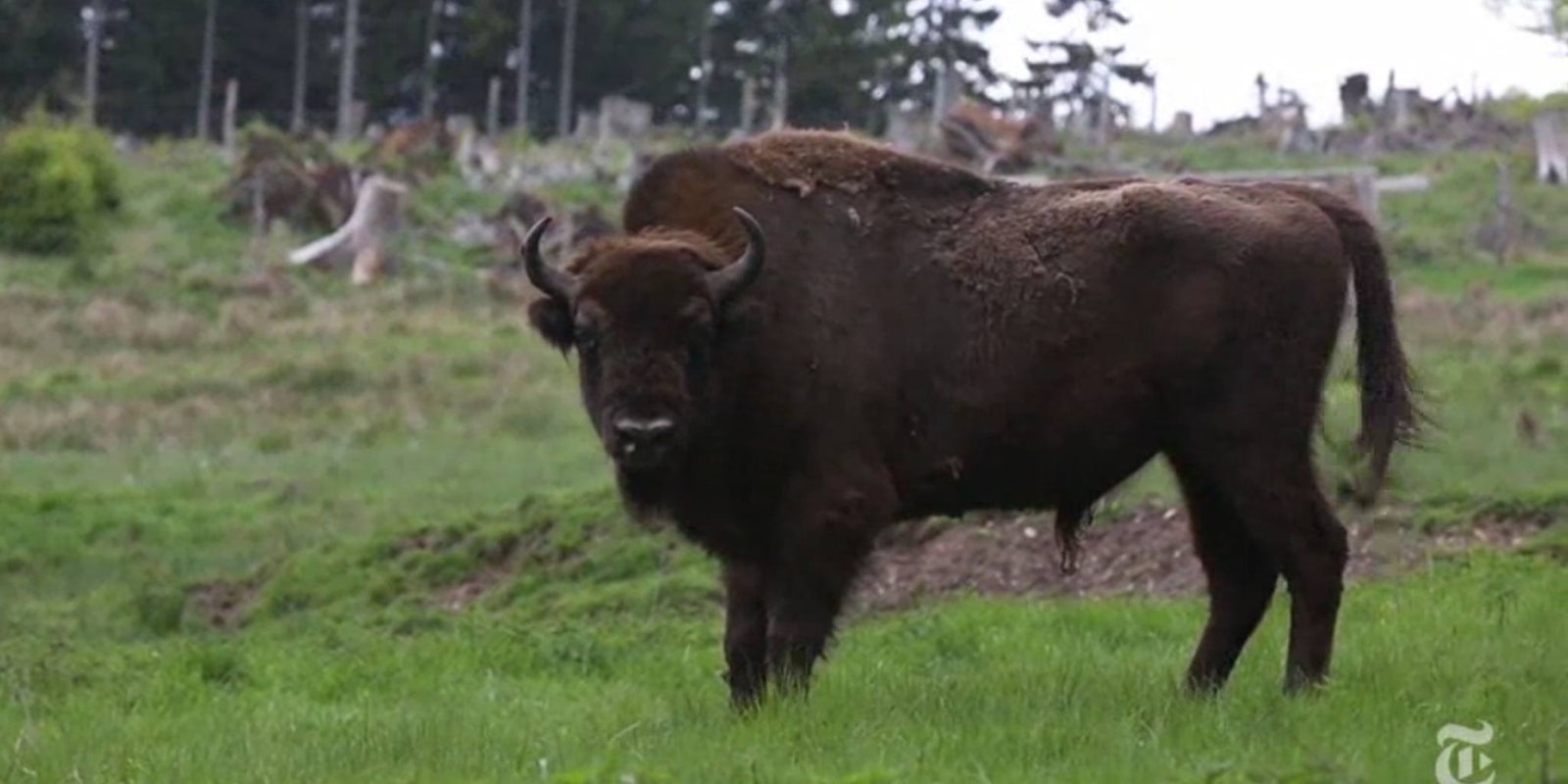BY SUZANNE DALEY
The forces of nature were getting more than a little prodding recently on the grassy 1,200-acre reserve outside this village near Spain’s border with Portugal.
Five years ago, this reserve was a cattle farm. Its ponds were clogged with animal waste. Its oak trees were squat from years of pruning. But signs of change are easy to notice, from the waist-high bushes sprouting everywhere to the abundant frogs in the pond, which are so loud at times that conversation is virtually impossible.
“You can see,” said Diego Benito, who manages the reserve, “there is so much more life here now.”
The reserve, the Campanarios de Azaba Biological Reserve, is at the forefront of an ambitious new conservation movement that is fast gaining ground in Europe, where vast stretches of farmland are falling into disuse. The goal is to take advantage of some of that emptiness to recreate the kind of wilderness that once existed on this continent, but disappeared centuries ago.
Read the full story in the New York Times.
Screengrab via NYTimes


